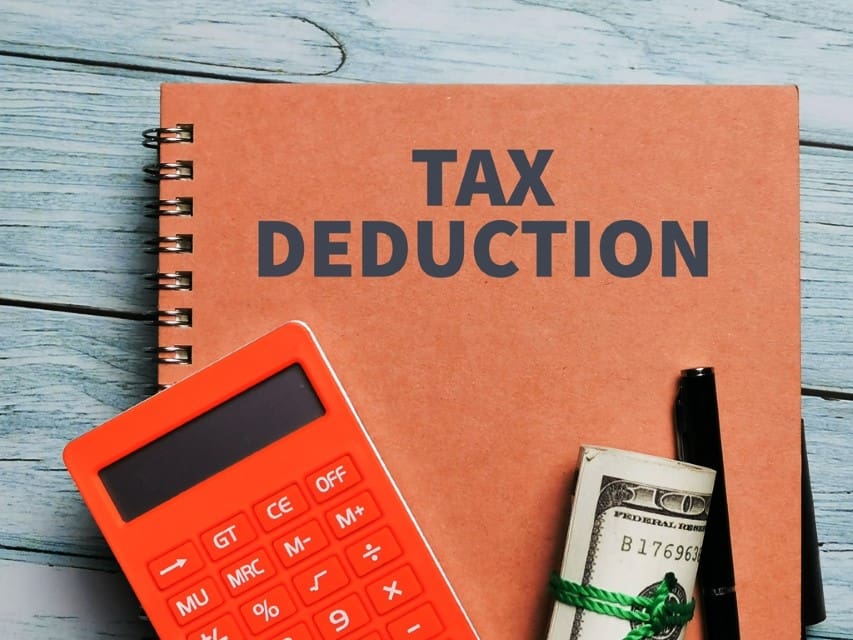Are you torn between paying off your mortgage loan or focusing on other debts? It’s a common dilemma for many homeowners. While the thought of having no monthly mortgage payment is appealing, the decision isn’t always straightforward. So, should pay off your mortgage before other debts? Read on to see if it is the right choice for you.
Consider Interest Rates on All Debt

One of the most important aspects to consider is the interest rates on your overall debt. Mortgage loans typically have significantly lower interest rates compared to other forms of debt, such as credit cards, car loans, or personal loans. By prioritizing mortgage repayment over higher interest rate debts, you could potentially spend thousands of dollars in interest over the long term. Paying off debts with higher interest rate first is typically the smarter move.
Financial Goals
Next, think about your financial goals. Paying off your mortgage loan can provide a sense of security and peace of mind. It eliminates a significant monthly expense and frees up your cash flow for other purposes, such as investing or saving for retirement. If you’ve got extra cash on hand, settling your mortgage debt can lead to financial freedom.
Tax Benefits

Don’t overlook the potential tax benefits of mortgage debt. In many cases, the interest paid on mortgage loans is tax-deductible, providing homeowners with a valuable deduction come tax season. This deduction can result in significant savings, especially for those in higher tax brackets.
Peace of Mind
There are psychological benefits to becoming mortgage-free. It’s a major financial milestone that can boost your confidence and improve your overall well-being. Knowing that you own your home outright can bring a sense of accomplishment and financial independence.
Look at the Big Picture
It’s essential to assess your overall financial picture before making a decision about paying off your mortgage. Consider factors such as your other debts, emergency savings, and long-term financial goals. While paying off your mortgage loan is advantageous, it shouldn’t come at the expense of neglecting high-interest debts or depleting your savings.
In conclusion, whether you should pay off your mortgage loan before other debts depends on your individual circumstances. Evaluate the interest rates on all debt, your financial goals, and your overall financial situation. While becoming mortgage-free has its perks, it’s essential to strike a balance between debt repayment and other financial priorities.
#MortgageDebt, #FinancialStrategy, #DebtManagement, #InterestRates, #FinancialGoals, #DebtPrioritization, #MortgageFree, #FinancialIndependence, #Savings, #Investing
